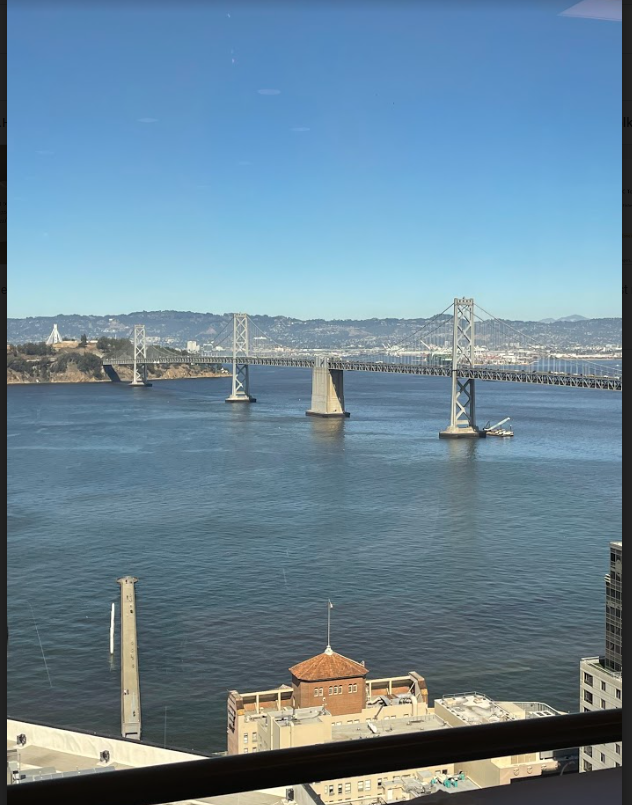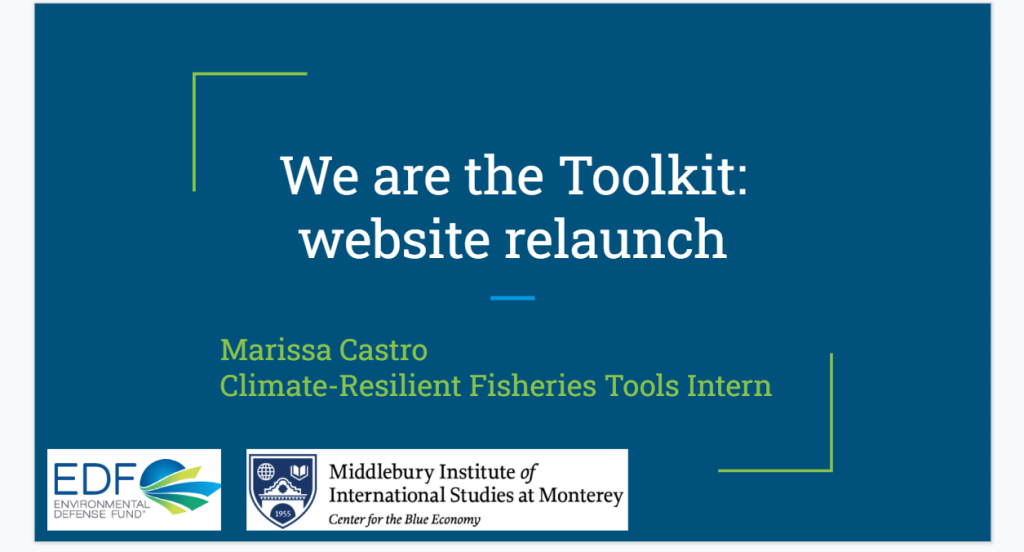
This summer has been such an amazing experience. I had a great mentor during my time at EDF and I joined a team that was welcoming and supportive since the first minute we met. I was given time to check in with other people from different teams across EDF who my mentor thought would be great to chat with based on what my interests were. I was given lots of advice and learned that there are organizations in the world that do what I dream of doing in my career.
I’ve learned the what kind of workplace I enjoy and also what kind of workplace I don’t feel is the best fit for me (remote work is hard). I think one of the biggest pieces I’ll be taking with me from this summer is just knowing that at least EDF is transparent about their work than I initially believed. I know organizations always say their transparent, but how do we really know? This has always been something I’ve been cautious about when looking at where I am getting my information and where I am considering working. Now that I have worked at EDF, I understand that the organization, or at least the Oceans teams, are incredibly transparent about what their doing and how their doing it. As well as simply how inclusive the organization is striving to become, not only internally with their employees, but how they go about projects and making sure stakeholder involvement is at an all time high.
From the weekly team meetings to the behind the scenes look into how EDF works, I’ve enjoyed every minute of my time at EDF and couldn’t have imaged a better place to learn and grow this summer.




